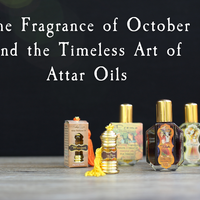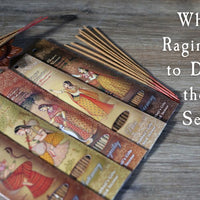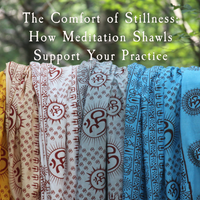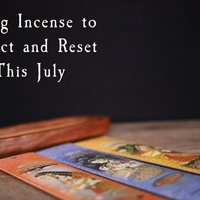Today is Buddha Purnima, the appearance day of Gautama Buddha, the great sage upon whose teachings Buddhism was founded. Although Gautama Buddha lived about 2,500 years ago, his teachings bestow light on spiritual seekers to this very day.
 According to the earliest biography of Gautama Buddha, he was born in a royal Hindu family. His father was king Śuddhodana, his mother was Queen Maya Devi and Gautama was their royal family name. One night, Maya Devi dreamed that a white elephant with 8 white tusks entered her womb. Nine months after the dream, a baby was born to her and was named Siddhartha. It is said that before giving birth, Maya Devi traveled to her parents to have the baby in their presence, but her son was born on the way under a Sal tree under the light of a full moon, or “purnima”. Buddha’s mother died a few days after his birth and he was brought up by her younger sister, Maha Pajapati.
According to the earliest biography of Gautama Buddha, he was born in a royal Hindu family. His father was king Śuddhodana, his mother was Queen Maya Devi and Gautama was their royal family name. One night, Maya Devi dreamed that a white elephant with 8 white tusks entered her womb. Nine months after the dream, a baby was born to her and was named Siddhartha. It is said that before giving birth, Maya Devi traveled to her parents to have the baby in their presence, but her son was born on the way under a Sal tree under the light of a full moon, or “purnima”. Buddha’s mother died a few days after his birth and he was brought up by her younger sister, Maha Pajapati.
 It is said that his father, King Śuddhodana wanted Siddhartha to be a great king, and therefore tried to keep him secluded in the luxurious palace without any contact with religious teachings as well as the miseries of life. Despite the efforts of his father, Siddhartha became aware of old age, poverty and death, and this led him to grow disenchanted with his life of luxury and to start thinking about the meaning of life. Suddenly one day, after 29 years in the palace and marrying a beautiful woman and having a son, rince Siddhartha shaved off his hair and beard, put on ochre robes and left the palace to be homeless… to become Gautama Buddha…
It is said that his father, King Śuddhodana wanted Siddhartha to be a great king, and therefore tried to keep him secluded in the luxurious palace without any contact with religious teachings as well as the miseries of life. Despite the efforts of his father, Siddhartha became aware of old age, poverty and death, and this led him to grow disenchanted with his life of luxury and to start thinking about the meaning of life. Suddenly one day, after 29 years in the palace and marrying a beautiful woman and having a son, rince Siddhartha shaved off his hair and beard, put on ochre robes and left the palace to be homeless… to become Gautama Buddha…
The below quote is taken from the Pali Canon and describes the reaction of the young prince Gautama to the miseries of life.
Buddha, the young prince contemplates old age, poverty and death.
"Monks, I lived in refinement, utmost refinement, total refinement. My father even had lotus ponds made in our palace: one where red-lotuses bloomed, one where white lotuses bloomed, one where blue lotuses bloomed, all for my sake. I used no sandalwood that was not from Varanasi. My turban was from Varanasi, as were my tunic, my lower garments, and my outer cloak. A white sunshade was held over me day and night to protect me from cold, heat, dust, dirt, & dew.
"I had three palaces: one for the cold season, one for the hot season, one for the rainy season. During the four months of the rainy season I was entertained in the rainy-season palace by minstrels without a single man among them, and I did not once come down from the palace. Whereas the servants, workers, and retainers in other people's homes are fed meals of lentil soup & broken rice, in my father's home the servants, workers, and retainers were fed wheat, rice, and meat.
"Even though I was endowed with such fortune, such total refinement, the thought occurred to me: 'When an untaught, run-of-the-mill person, himself subject to aging, not beyond aging, sees another who is aged, he is horrified, humiliated, and disgusted, oblivious to himself that he too is subject to aging, not beyond aging. If I — who am subject to aging, not beyond aging — were to be horrified, humiliated, and disgusted on seeing another person who is aged, that would not be fitting for me.' As I noticed this, the [typical] young person's intoxication with youth entirely dropped away. Anguttara Nikaya 3.38
Buy Lord Buddha Statues







0 comments